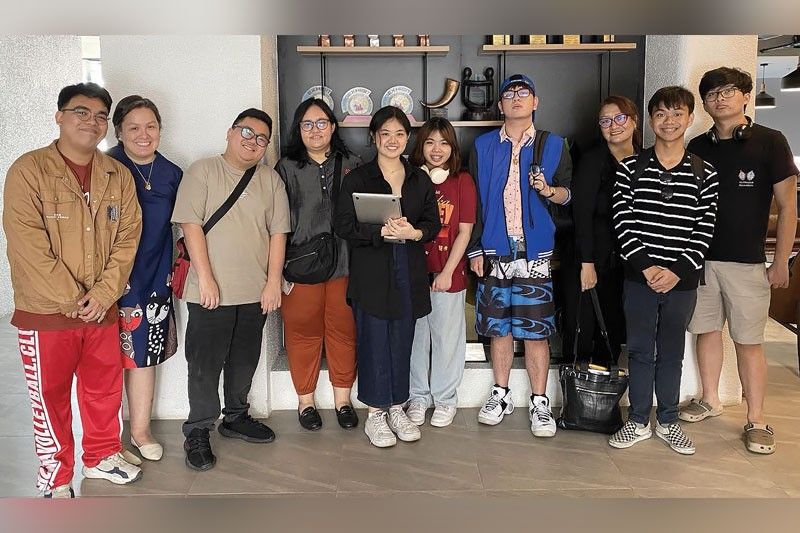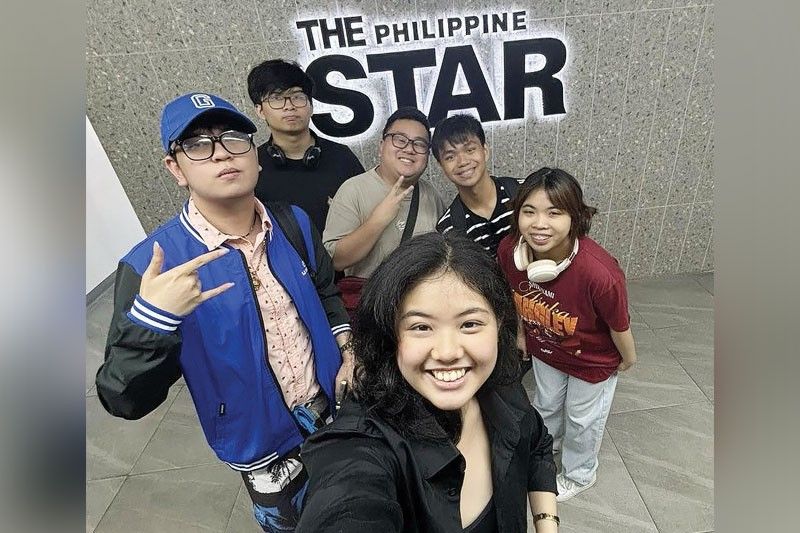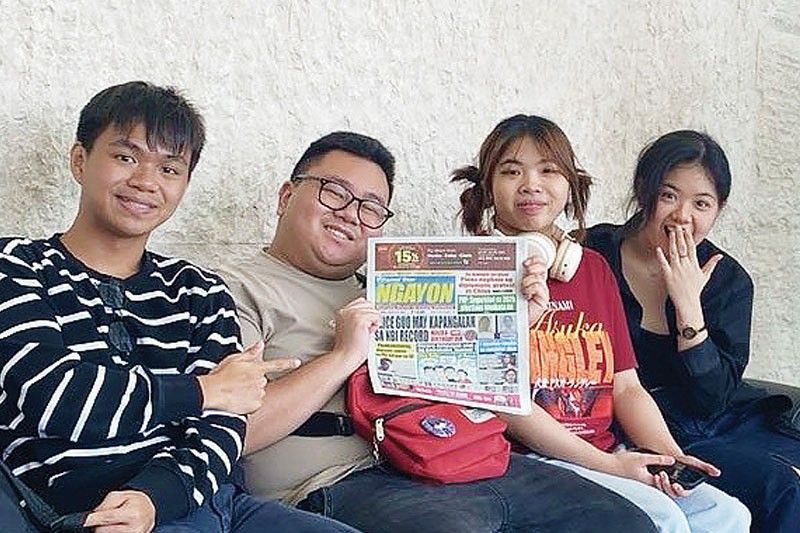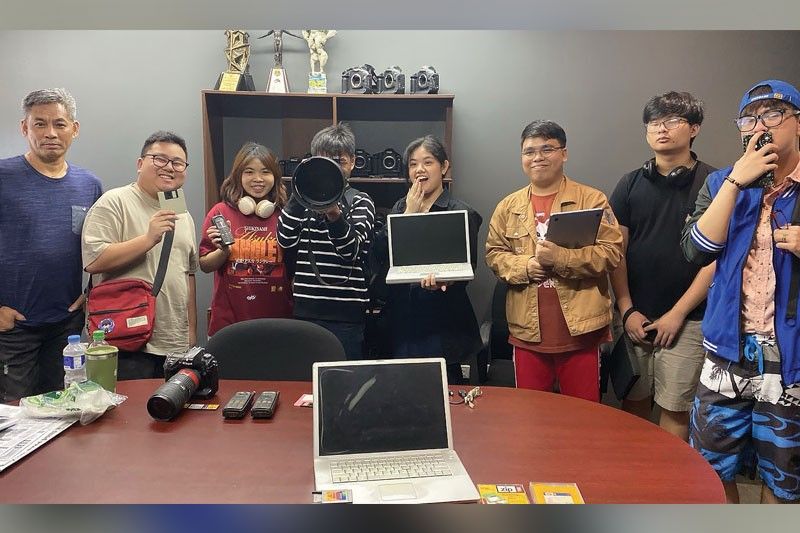Read the news. Know what to believe. Be careful of what you share.

The importance of Media and Information Literacy
MANILA, Philippines — “Miss, what is a tabloid? What is a broadsheet?”
When a student of mine asked this during one of our Media and Information Literacy (MIL) classes at Thames International, I had to pause and check if I heard the question right. Good thing I had a copy of The STAR nearby and I showed them, through the screen (it was a virtual class), what a broadsheet is and what it looked like.
At that moment, I promised myself I will take them to the Philstar Media Group HQ in Sucat so that they may see everything for themselves, meet people who put the news together (whether print or online), and develop an appreciation for good ol’ mass media.

Through reading, comprehension, writing, and speaking exercises in class, I felt it was better to show them the practical application of what we were studying. Their generation was born in the era of memes and rampant misinformation and disinformation. It’s important they learned healthy cynicism and skepticism, critical thinking, and identifying valid sources.

What is media and information literacy?
It is a subject taught in Senior High School (SHS) that enables the “people’s ability to engage critically with information, navigate the online environment safely and responsibly, and ensure there can be trust in our information ecosystem and in digital technologies,” according to the UNESCO website.
It “provides a set of essential skills to address the challenges of the 21st century including the proliferation of mis- and disinformation and hate speech, the decline of trust in media, and digital innovations notably Artificial Intelligence.” (unesco.org)
In this class, for almost one term, we discussed everything from history; legal, ethical, and societal issues; media, information, and communication; the construction of media; the world of advertising; audiences, organizations, and stakeholders; and many more. But as someone who took the same path in school, I knew that what mattered was how all of these were applied in the real world.

Kids today face challenges like none of us Gen X-ers or boomers did. They are bombarded left and right with media and information not necessarily true to or created with good intention. They can choose to watch the news versus read it, with so many people and even organizations positioning themselves as “experts” or authority in the subject matter they create reels on — sometimes only for clout.
I remember what my Journalism instructor, Mr. Pete Lacaba, told us on our first day in class with him more than two decades ago: “Learning won’t just happen inside the classroom.” In the case of today’s kids, what they need to learn is not just online. They need to hear and see it from us: their parents, mentors, and guardians.
Model it to them. Show them that you only consume content and information from credible sources. Show them how you discern and select what to believe, discuss at the dinner table, and share on your own social media. The MIL class can only do so much; the foundation for their character begins at home.
Readiscover’s feature writing workshop
Last March, I had the chance to conduct a virtual Feature Writing workshop for our READiscover Program at The Philippine STAR. About 200 signed up, and while we had prepared a deck, when we saw the attendees, we were astounded: there were kids from elementary and high school, to college students and even teachers.
They sat through the two hours of discussion, and actively asked questions at the end of those two hours. We also conducted a feature writing contest, which gave us an idea of where our country is now in terms of written communication, self expression, and content organization (not to mention grammar).
Folks, we have a LOT of work to do. We have to keep going.
If you grew up with parents who “forced” you to watch the news, read the newspapers (and books), and even fix your own problems at school (but with their guidance), be grateful. There is old school wisdom there that we need to bring back and modify for today’s generation.
Digital savvy is important, but so are curiosity and critical thinking (and judgment). Lots of content nowadays is entertaining and funny, but is it true and helpful? Check your source; do not share if it is not true and not helpful. Read the news from a valid source and share from there. No patience to read a paper? Read our e-paper.
I believe that there is hope for today’s young people, but us adults need to model it to them and show them how, with lots of care and patience. Our generation had problems, and they have theirs. They will inherit the world and pass on the lessons learned from us to the generation after them. Let’s not let AI write the future.
Let’s do our part, and let’s begin today.
- Latest
- Trending























